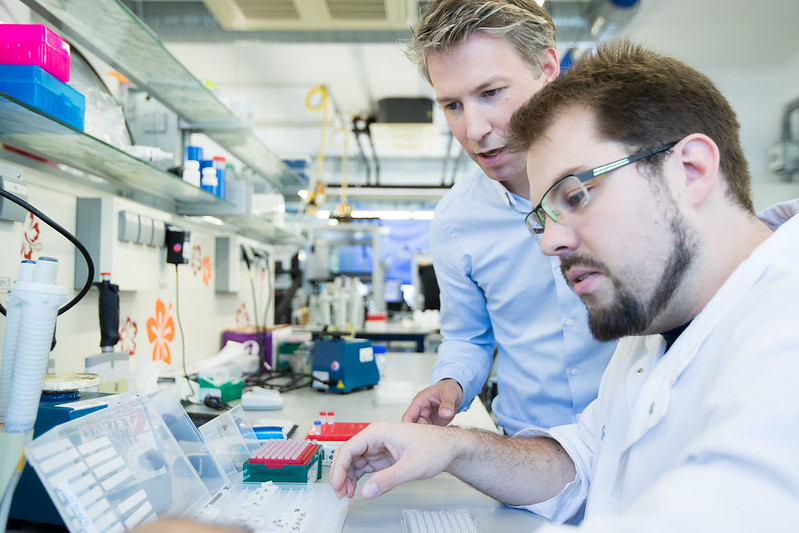
On August 19, President Trump’s Department of Health & Human Services (HHS) announced that the Food and Drug Administration (FDA) will no longer require premarket review of laboratory developed tests (LDT).
In addition to various other deregulation efforts the Trump administration has rolled out during the COVID-19 crisis, this deregulation will enable U.S. testing capabilities to continue expanding, and will ensure a quicker, more efficient response to future pandemics.
Despite the fact that diagnostic laboratories are already subject to extensive regulatory and accreditation requirements, the Obama administration made the decision to start regulating lab testing as medical devices and requiring them to go through the premarket review process. While this extensive process is supposed to take about 6 months, in reality it took an average of 262 days (in 2014) for the FDA to reach a decision.
This requirement was issued even though there were warnings that this regulation could impair the ability for diagnostic laboratories to respond to public health emergencies. In addition, this requirement wasn’t issued through official rule-making, but through unofficial guidance.
As warned, a public health emergency hit the United States and this regulation impaired our testing abilities. Because of the premarket approval requirement, the Centers for Disease Control and Prevention (CDC) had a de facto monopoly on creating coronavirus tests. As Roger D. Klein and C. Boyden Gray explained in The Hill, “Private laboratories — both hospital and commercial — found themselves needing FDA permission to deploy diagnostic tests. Yet the FDA-authorized coronavirus diagnostic test kits developed and sent by the CDC to public health laboratories in early February were defective and unusable.”
It’s important to note that the Trump Administration’s deregulation is not an all-out removal of regulation on testing. The Obama-era requirement created a duplicative regulatory regime that unnecessarily slowed diagnostic laboratories’ ability to respond to public health emergencies. Moving forward, diagnostic laboratories will still be subject to regulation by the Centers for Medicare & Medicaid Services under the Clinical Laboratory Improvement Amendments of 1988, 42 U.S.C. § 263a, and its implementing regulations at (C.F.R. pt. 493).
In addition, it is still in a laboratory’s interests to get FDA approval, as it protects their eligibility for coverage under the Public Readiness and Emergency Preparedness (PREP) Act. As the HHS notes, “Those seeking approval or clearance of, or an emergency use authorization (“EUA”) for an LDT may nonetheless voluntarily submit a premarket approval (PMA) application, premarket notification or an EUA request, respectively, but are not required to do so… Those opting to use LDTs in their laboratories without FDA premarket review or authorization may do so with the understanding that they would not be eligible for PREP Act coverage absent approval…”
By hamstringing the country’s ability to tap the private sector and all of its innovation in creating testing options quickly, the Obama-era overregulation had devastating effects on early coronavirus testing capabilities.
The Trump administration’s effort to streamline this regulatory process should be applauded. In situations where a few weeks of testing delays can translate into thousands of infections and deaths, this deregulation can be life-saving.

